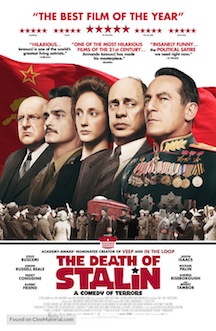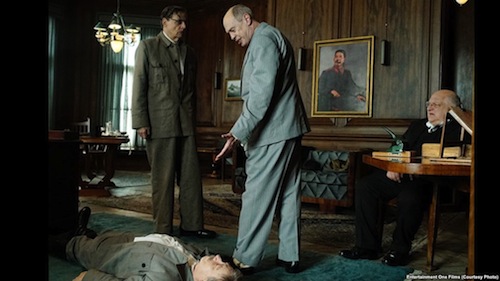Direction: Armando Iannucci
Country: UK
Gifted Scottish director Armando Iannucci (In the Loop, 2009; The Death of Stalin, 2017) applies some nice chops and twists to the life of Charles Dicken’s famous character, David Copperfield, in his latest comedy starring Dev Patel, Tilda Swinton and Hugh Laurie.
Over the course of this eccentrically mounted account, Copperfield (Patel) narrates his own life, from birth to the present day, going overboard with a couple imaginary characters as well as describing real relationships. We learn about the peculiarities in the character of his aunt Betsy (Swinton) and her fantastic, if childish, cousin Mr. Dick (Laurie); the fondness for the eternally indebted Mr. Micawber (Peter Capaldi); a momentary yet uncontrollable passion for Dora Spenlow (Morfydd Clark); and his real love for Agnes Wickfield (Rosalind Eleazar), a childhood friend. Those who read the novel certainly remember the villains Uriah Heep (Ben Whishaw), a cunning and malicious law clerk, and Edward Murdstone (Darren Boyd), Copperfield’s cruel stepfather.
This comedic version of the novel comes imbued with cultural diversity as well as audacity in the details. The presence of Ms. Swinton is noticeable, but even more baffling is how she manages to steal the show whenever on the scene. In point of fact, what should be unwatchable becomes a mildly agreeable parody with a distinctive satirical treatment in the hands of this director. You'll likely forgive any obtuse idea and lopsided circumstance he might throw at you.
Even not reaching the levels of wit and absurdity offered in The Death of Stalin, this Copperfield keeps us thinking of Iannucci as a stalwart architect of the modern comedy genre.





